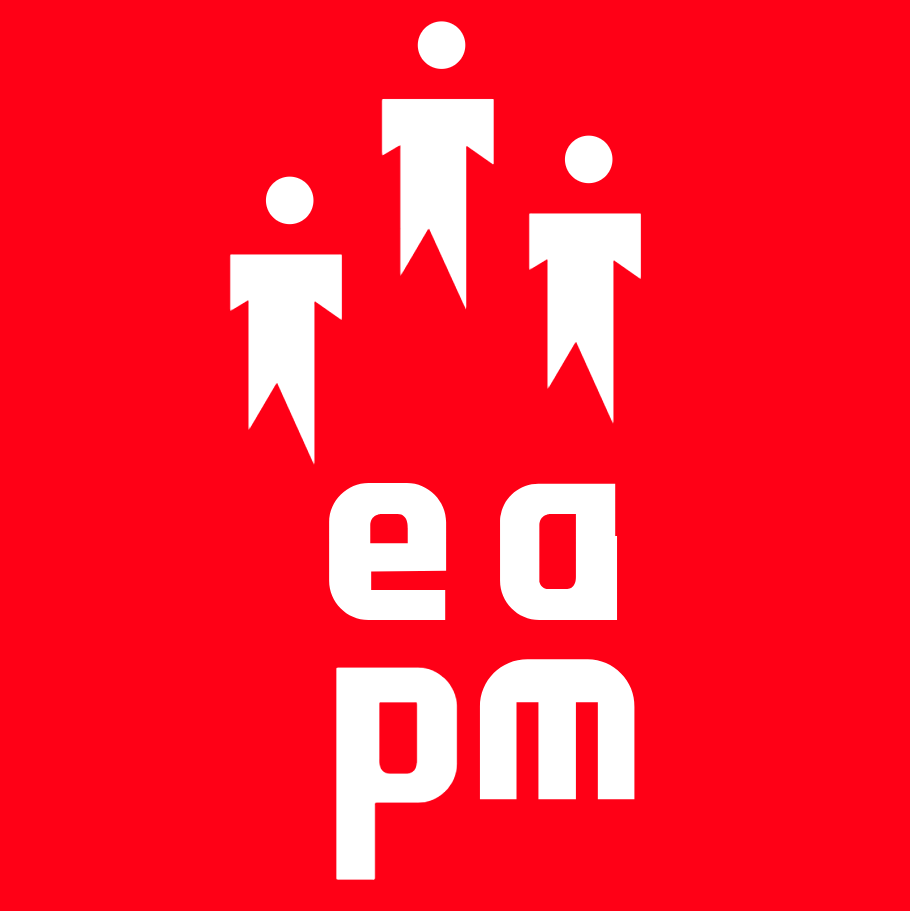The EU Approach to the challenge of Skills
Today people need to be equipped with a variety of skills ranging from basic skills, such as literacy, numeracy and digital, to vocational or technical skills as well as entrepreneurial skills and transversal skills, such as foreign languages or personal development and learning to learn.

Webinaret arrangeres av European Association for People Management (EAPM) og er på engelsk.
Europe today faces a number of challenges:
- Green and digital transitions are reshaping the way we live, work and interact and call for a shift in skill sets to reap their full potential.
- Demographic change requires Europe to draw on all of its talents and diversity. At the same time, it will also generates new job opportunities in the silver and care economies.
- The COVID-19 pandemic has made telework and distance learning a reality for millions of people in the EU and revealed the limitations of our digital preparedness. The pandemic has also negatively impacted job opportunities for many.
- Too many people cannot find a job because they do not have the right skills, or they are working in jobs that do not match their talents.
- At the same time, 40% of employers cannot find people with the right skills to fill their vacancies; and too few people have the skill sets and support to see setting up their own business as a realistic route.
- An unacceptably high proportion of Europeans – one in five – struggle with reading and writing, and even more have poor numeracy and digital skills.
- While everyone should have the chance to upgrade their skills on a regular basis – only 4 in 10 adults take part in learning.
Education and training in Europe is the competence of Member States. National and regional labour markets and education systems are faced with their own specific challenges, but Member States share similar problems and opportunities.
The European initiatives for skills aim to mobilise all European stakeholders
We will discuss about how the EU supports the skills development with Felix Rohn, policy maker at the DG EMPLOYMENT, SOCIAL AFFAIRS, and INCLUSION of the European Commission.

Om foredragsholderen:
Felix Rohn works at the DG Employment of the European Commission as a policy maker.His professional start made him explore the markets of Central and Eastern Europe as they emerged in the early 1990ies. Equipped with this experience, he then worked in a project team for the monitoring and assessment of the EU Phare Programme, which paved the way to the EU enlargement of 2004.
In 1998 he became a civil servant in the European Commission where he worked in the policy fields ‘enterprise’, ‘higher education’, ‘vocational education & training’ before he changed to 'skills and qualifications' where he is working today.
In the DG Enterprise he drafted the first EU funding guide for the tourism sector; in DG Education & Culture he worked for the Tempus programme in Eastern Europe, and for the Leonardo da Vinci programme, where he coordinated the work of the National Agencies.
Today in charge of the ‘Blueprint for sectoral cooperation on skills’ he is the interface between his ‘skills and qualifications’ Unit in DG Employment and sectoral units in other DGs in the Commission.
-
Dato:28. feb. 2023
-
Tid:12:00 - 13:00
-
PåmeldingsfristPåmelding avsluttet.
